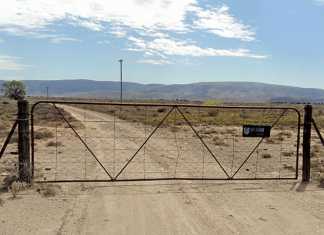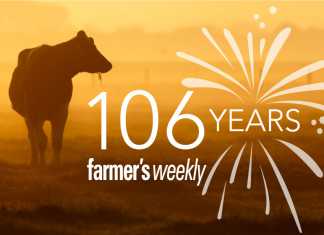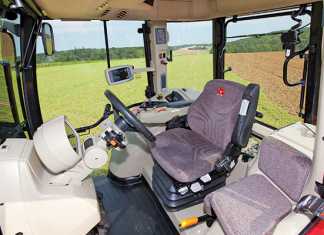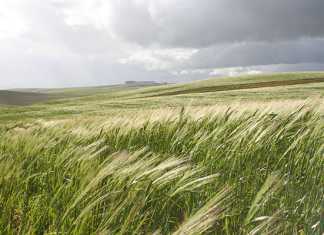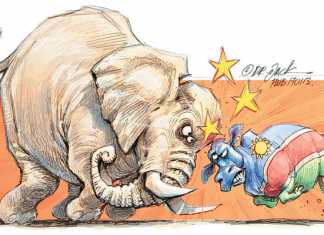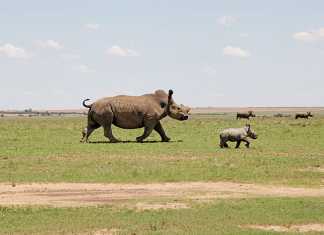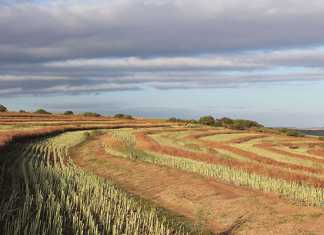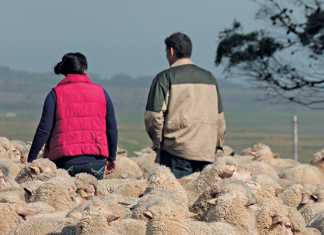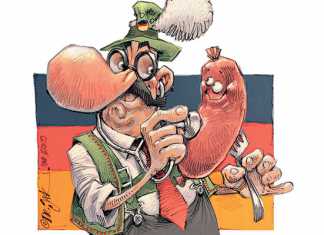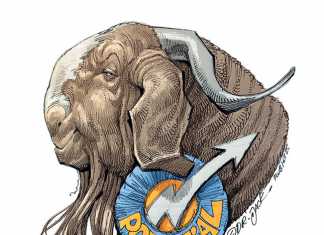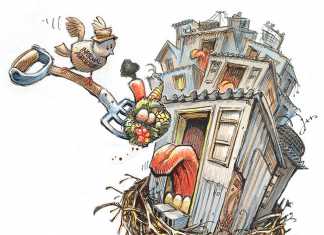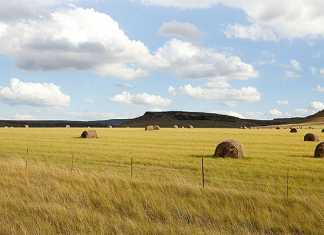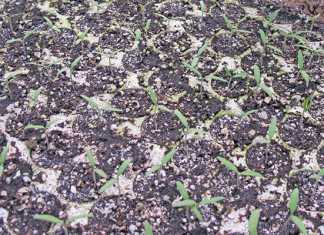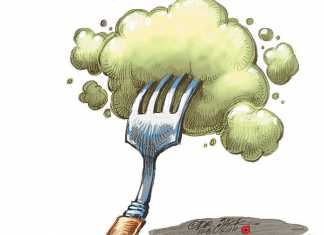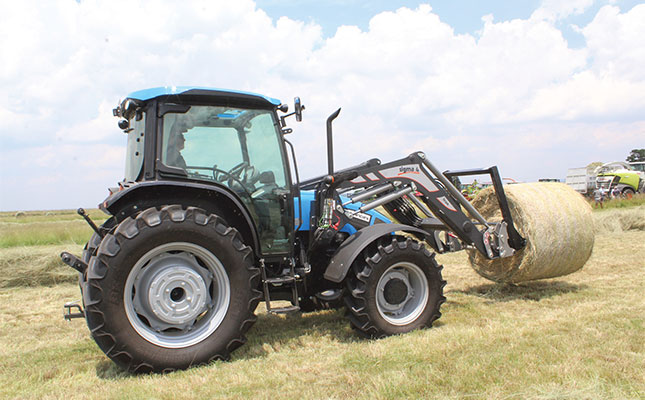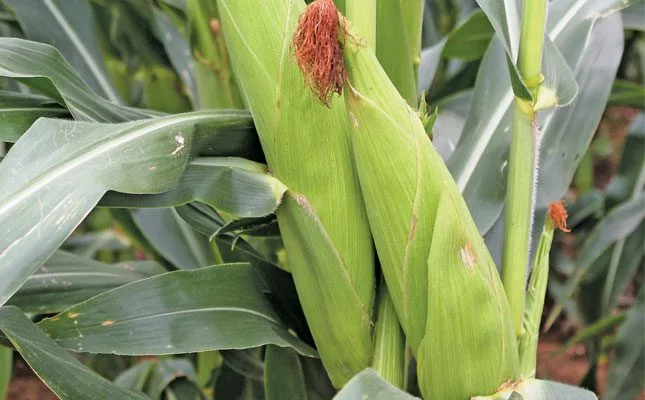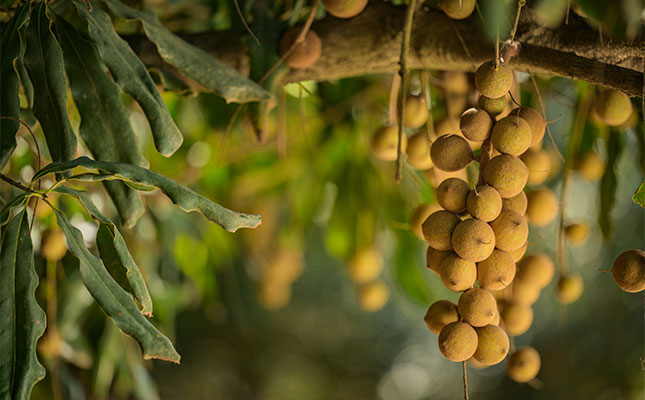The safety of our farming communities
Every time I hear the news of another farm attack, I immediately stop and phone my parents to reassure myself that they are safe.
Agriculture in Africa still lagging behind
The development of agriculture in Africa was high on the agenda at this year’s SIMA Paris International Agribusiness Show in France.
Celebrating 106 years on the land
Today we celebrate Farmer’s Weekly’s 106th birthday. This is not only a celebration of 106 years of publishing, but of over a century of commercial farming in Southern Africa.
Modern, ethical livestock production is here to stay
The socio-economic dynamics of an ever-growing and increasingly globalised human population are placing increasing demands on the world’s livestock producers. German Agricultural Society president, Carl-Albrecht Bartmer, explored these issues at the opening of EuroTier 2016.
Get ready to live in a different world
I read an article a few weeks ago about one of Elon Musk’s – Tesla and SpaceX CEO – latest projects: the development of neural lace, an invention that would add ‘a digital layer of intelligence to our brain’.
Globalisation – a subjective concept
The campaign that flung President Donald Trump into the White House introduced the world to the concept of alternative facts.
Livestock farmers and elephants clash in Namibia
The destruction of farming infrastructure as the result of an influx of elephants to Namibia’s north-western commercial farming region is an ever-increasing problem, according to Namibian Livestock Producers’ Organisation (LPO) chairperson, Piet Gouws.
End cruelty to rhinos!
Whenever I see a rhino these days, I wonder if these remarkable creatures will still be around when I reach old age.
SA commercial farmers key to Africa’s food security
For South Africa to continue making a significant contribution to poverty alleviation in sub-Saharan Africa, the agricultural sector needs to thrive. According to Hamlet Hlomendlini, senior economist at Agri SA, this can be achieved if government, businesses, policymakers, civil society and farmers stand together and put politics aside for the betterment and transformation of the industry.
Predicting the future of farming
Humanity has always survived by adapting, but it seems to me that the next decade or two will require it to change more and faster than ever before.
9 lessons we can learn from the drought
According to Jannie de Villiers, CEO of Grain SA, South Africans have learned a number of valuable lessons from the drought, with the single most important lesson being that the country’s farmers have the ability to overcome challenges.
Global challenges facing farmers
During the first week of January, the University of Oxford in the UK hosted the annual Oxford Farming Conference. Reading through some of the presentations given at the event, I was reminded of how globalised the challenges and opportunities in farming have become.
Animal health: what German vets can teach us
Globally, consumers of animal products are increasingly demanding that livestock farmers implement ethical and humane practices. This can be challenging for farmers, but is possible to achieve. Dr Siegfried Moder, president of Germany’s Federal Association of Practising Veterinarians, elaborates.
Why SA’s goat farmers must get down to business
Stakeholders in South Africa’s goat value-chain are determined to grow their sector into a profitable and sustainable industry to benefit farmers and the economy. Johan Steyn, owner of Patriot Boer Goat Stud in the Eastern Cape, discusses how
this can be achieved.
How important is the informal sector in urban food security?
The informal sector is crucial in giving people access to food. Yet it is often underestimated and, as a result, disregarded, say researchers Caroline Skinner and Gareth Haysom.
Agriculture’s New Year’s resolutions
New Year’s resolutions may seem passé, but they can be a great way of at least attempting to implement what is known as the Urgent-Important Matrix in your life.
Preserving seeds for the future
The Global Seed Vault, the brainchild of scientist and conservationist Cary Fowler, was built nearly 150m into the side of a mountain in Svalbard, Norway, in 2008.
The big problem with SA’s small farms
To bridge the wealth gap in South Africa, it makes more sense to consolidate small plots into economically viable units than trying to raise the production levels of subsistence farming. So says Willem Cronje, a farmer and political and economic commentator based in Zastron in the Free State.
Good riddance to 2016
Finally, we have come to the end of a year that has tested farmers in this country like no other year before, and I am reminded of the poet, Robert Frost, who said, “in three words I can sum up everything I’ve learned about life: it goes on.”
Agriculture must act now to curb climate change
Agriculture must contribute more to combating climate change while bracing to overcome its impacts, according to the United Nations Food and Agriculture Organization’s (FAO) report ‘The State of Food and Agriculture 2016’.
- ADVERTISEMENT -
- ADVERTISEMENT -
MUST READS
- ADVERTISEMENT -

